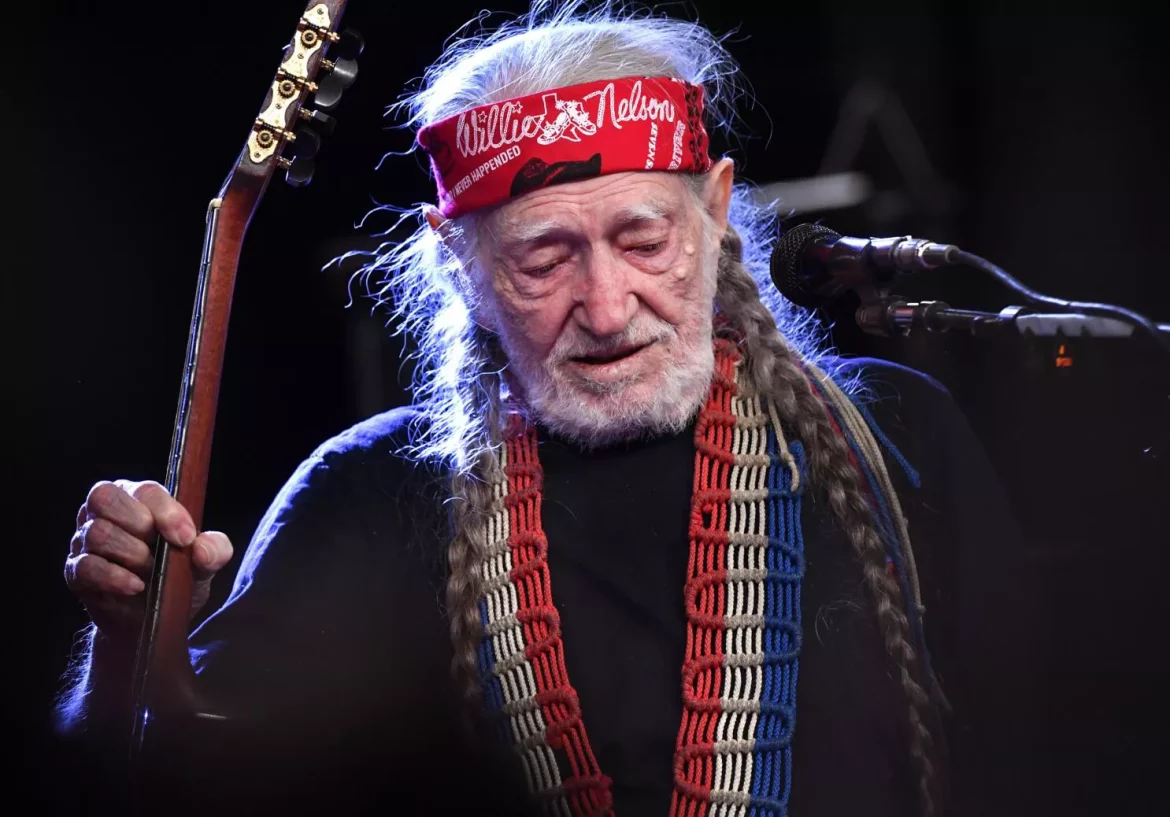The relationship between political ideology and musical preferences is a topic that has intrigued researchers and cultural commentators for decades. One particular genre that has often been at the center of this discussion is country music. With its deep roots in American culture and its associations with conservative values, country music has sometimes been perceived as a genre that primarily appeals to those on the political right. However, a closer examination reveals a more nuanced and complex relationship between liberals and country music.
The Origins and Evolution of Country Music
Before delving into the political dimensions of country music fandom, it is essential to understand the genre’s origins and evolution. Country music traces its roots to the rural South and Midwest, where it emerged as a blend of folk, blues, and gospel music in the early 20th century. Artists like Jimmie Rodgers, the Carter Family, and Hank Williams helped shape the genre’s early sound and themes, which often revolved around rural life, love, heartbreak, and patriotism.
As country music evolved over the decades, it incorporated influences from other genres such as rock and pop, leading to the emergence of subgenres like outlaw country, country rock, and contemporary country. Today, country music remains a diverse and vibrant genre with a wide range of artists, styles, and themes.
Stereotypes and Misconceptions
One of the challenges in discussing the relationship between liberals and country music is the prevalence of stereotypes and misconceptions. Country music has often been stereotyped as the domain of conservative, rural, and predominantly white listeners. This stereotype is rooted in the genre’s historical associations with rural life, traditional values, and themes like patriotism and faith.
However, reducing country music to a monolithic representation of conservative values overlooks the genre’s diversity and complexity. Many country artists and songs address a wide range of social, political, and personal issues, challenging simplistic categorizations. Moreover, country music has a diverse fan base that includes people from various backgrounds, regions, and political ideologies.
The Appeal of Country Music to Liberals
Contrary to the stereotype, there is a significant contingent of liberals who appreciate and enjoy country music. Several factors contribute to the appeal of country music across the political spectrum:
Musical Diversity: Country music encompasses a broad range of styles and influences, from traditional twangy ballads to more contemporary pop-infused tracks. This musical diversity allows listeners with varied tastes to find something they enjoy within the genre.
Storytelling and Authenticity: Country music is known for its storytelling tradition, with songs often exploring themes of love, loss, resilience, and the human experience. Many liberals appreciate the authenticity and emotional depth found in country songs, regardless of their political leanings.
Cross-Genre Collaborations: In recent years, country artists have collaborated with musicians from other genres, bridging musical divides and attracting listeners who may not have otherwise explored country music. These collaborations contribute to the genre’s appeal among diverse audiences.
Social and Political Commentary: While country music has a reputation for conservative themes, many artists use their platform to address social and political issues from a variety of perspectives. Songs about inequality, environmental concerns, and personal struggles resonate with liberal listeners who value art’s ability to provoke thought and inspire change.
Examples of Liberal-Friendly Country Songs and Artists
To illustrate the diversity of themes and perspectives within country music, here are some examples of songs and artists that have resonated with liberal audiences:
“Follow Your Arrow” by Kacey Musgraves: This song challenges societal norms and encourages listeners to embrace their individuality and live authentically. Musgraves, known for her progressive views and advocacy for LGBTQ+ rights, has gained a substantial liberal following.
“The Highwomen” by The Highwomen: This supergroup, consisting of Brandi Carlile, Natalie Hemby, Maren Morris, and Amanda Shires, explores themes of female empowerment, solidarity, and social justice in their music. Their self-titled debut album received acclaim for its diverse storytelling and feminist perspective.
“Love Wins” by Carrie Underwood: Underwood’s song celebrates love and acceptance, promoting inclusivity and unity in the face of division and prejudice. The song’s message of love resonates with liberal values of tolerance and diversity.
Willie Nelson: A legendary figure in country music, Willie Nelson’s catalog includes songs that touch on a wide range of social and political issues, from civil rights to environmental activism. His advocacy for progressive causes has endeared him to many liberal listeners.
Cultural Significance
Beyond personal preferences, the intersection of liberalism and country music has broader cultural significance. It reflects the diversity of perspectives within society and the power of music to transcend political divides. Engaging with country music from a liberal standpoint can also foster dialogue and understanding, challenging preconceived notions and fostering empathy across ideological lines.
Moreover, the relationship between liberals and country music highlights the evolving nature of musical genres and their ability to adapt to changing cultural and social landscapes. As artists continue to push boundaries and explore new themes, country music remains a dynamic and relevant genre that resonates with audiences of all backgrounds.
Conclusion
In conclusion, the question of whether liberals like country music is not a straightforward yes or no answer. While stereotypes may suggest otherwise, the reality is that many liberals appreciate and engage with country music for its musical diversity, storytelling prowess, and capacity for social commentary.
The relationship between liberalism and country music reflects the complex interplay of culture, identity, and ideology in contemporary society. By exploring and appreciating the diverse voices within country music, we can foster greater understanding and dialogue, bridging divides and celebrating the power of music to unite us despite our differences.

